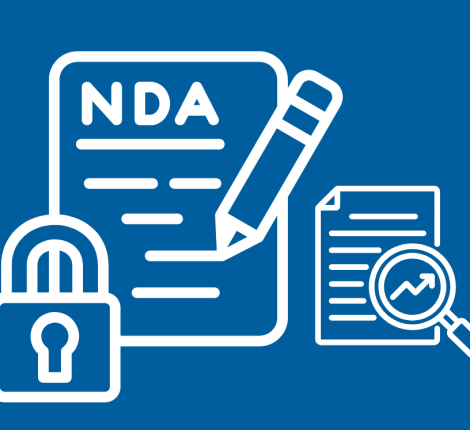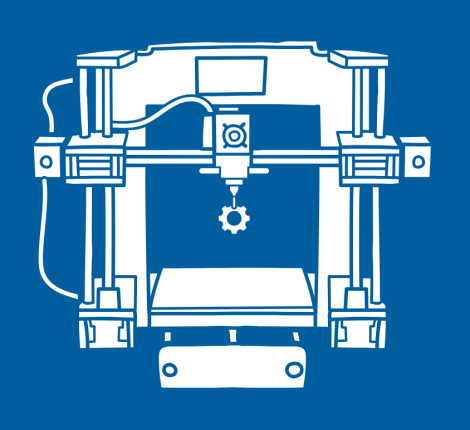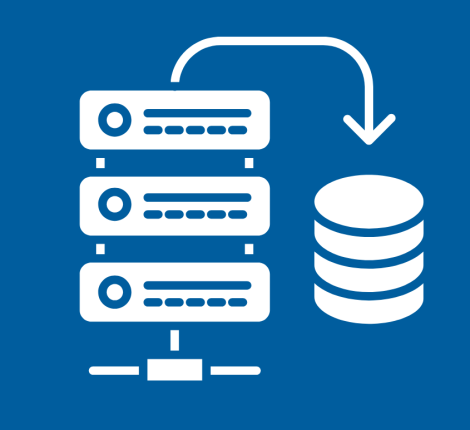LegaLogic-Legasee – IPR Newsletter: DASSAULT SYSTEMES SOLIDWORKS CORPORATION & ANR. VS SPARTAN ENGINEERING INDUSTRIES PRIVATE LIMITED & ANR CS(COMM)-January 2022
Facts of the case
Dassault Systemes has developed a software called ‘Solidworks’. This software is a computer aided design (CAD) software, aimed at modelling and simulating three dimensional (3D) solid products and is stated to cater to the aerospace, defence, automotive, transportation, consumer products and educational industries amongst others.
The “SOLIDWORKS” software program is in the nature of a compact CAD and computer aided engineering (CAE) software which facilitates the development of products in a 3D environment. These software programs were developed by the employees of the Dassault Systemes for use by the Dassault Systemes and, by application of the “work for hire” doctrine, the copyright therein belongs to the Dassault Systemes, as the employer of the employees who had developed the software programs. Therefore, as per the plaint, Dassault Systemes is the copyright owner in the software programmes which are “works”, within the meaning of the Copyright Act, 1957. Dassault Systemes allege that in May 2018, Dassault Systemes received information regarding the commercial use of pirated and unauthorised versions of the ‘Solidworks’ software program by Spartan Engineering, without paying the required license fees.
Dassault Systemes further asserted that such unauthorized use of the software had increased since August, 2020 and all efforts to reach an amicable resolution were in vain as Spartan Engineering were denying infringement. The plaint further asserts that Spartan Engineering has, till date, not paid the Intellectual Property January 2022| Volume-14 I LegaLogic Consulting © 2022 I This newsletter is for informational purpose only and should not be treated as legal advice licence fees to cover the unauthorised use of Dassault Systemes’s “SOLIDWORKS” software and are, rather, denying infringement, despite several notices having been issued by Dassault Systemes to Spartan Engineering in that regard. The software program was developed by their employees as work for hire, and hence the copyright therein belongs to Dassault Systemes.
Dassault Systemes claim that the software program and its instruction manuals are literary work under the Copyright Act, 1957 (Act) and is entitled to copyright protection. The software program was first published in the United States of America and is entitled to protection in India under Section 40 of the Copyright Act, 1957 as India and the US are members of the Berne Convention, Universal Copyright Convention and the World Trade Organisation’s TRIPS Agreement. Following this, Dassault Systemes approached the Court seeking an injunction, as use of any pirated or unauthorised copy of Dassault Systemes’ software program would amount to copyright infringement under Section 51 of the Copyright Act, 1957. Dassault Systemes has also relied on Section 63B of the Copyright Act, 1957 which makes known usage a pirated computer program a criminal offence. Further, Dassault Systemes asserted that there has also been a contractual infringement and intellectual property infringement due to the violation of the End User License Agreement by Spartan Engineering.
Analysis and Judgement
While issuing the order, the Court remarked that, “software infringement is a serious issue, and deserves to be nipped in the bud”. The court granted an ad interim temporary injunction restraining Spartan Engineering, their principal officers, directors, agents, franchisees, servants and all others acting for and on their behalf at Spartan Engineering’s premises, from directly or indirectly using for any kind of computer related activities or otherwise in any other manner, any pirated/unlicensed/unauthorized software programs of Dassault Systemes or reproducing and distributing any pirated/unlicensed/unauthorized software of Dassault Systemes in contravention of the terms of the End User License Agreement(s) (EULA)/ Customer License and Online Services Agreement (CLOSA), or infringing in any other manner or causing or enabling or assisting others to infringe the copyrights of Dassault Systemes including SOLIDWORKS software program and its various versions or any other software programs developed by Dassault Systemes in any manner that may amount to infringement of Dassault Systemes’ copyright subsisting in its software programs and software related documentation.
Is registration of copyright necessary?
Acquisition of copyright is automatic and it does not require any formality. Copyright comes into existence as soon as a work is created and no formality is required to be completed for acquiring copyright. Registration is not an essential element for copyright but it protects infringement of the owner’s right. Thus, it is highly advisable to register the copyright to protect the work and extract maximum benefit from the work.
What happens if copyright is not registered?
Registration is not necessary to receive copyright protection. An unregistered copyright entitles you to reproduce, sell, and perform the copyrighted work. Beyond this, your rights are limited if your copyright is not registered. If the copyright is not registered then the owner has to prove his right by collective evidence against the infringer and the burden of proof will lie upon the owner.
Importance of copyright registration
Registration of a copyright is important to protect the work from unauthorized use or copying as it is prima facie evidence to prove the ownership of the work and it also provides the owner of the registered copyright to avail the maximum benefit by licensing, assigning and raising capital. It provides legal protection. The owner of the copyright has the right to grant license to use the copyrights to other parties. The licensing agreement is executed between the licensor and licensee only when there is sufficient proof that the work belongs to the licensor.
Conclusion
The main aim of copyright is to encourage and provide an incentive to the authors or creators to make or create new works. These works are available for the public to enjoy according to the will of the author or owner of the copyright. The copyright of any work provides benefits both to the author or creator as well as the public. The author receives economic rewards for creating such work and the public gets the work in the form of literature, drama, art, or music. Through the registration of a copyright, the author or creator can claim over his work to protect their work from theft or piracy. To summarise copyright registration provides protection from theft and also rewards the author for his work.




